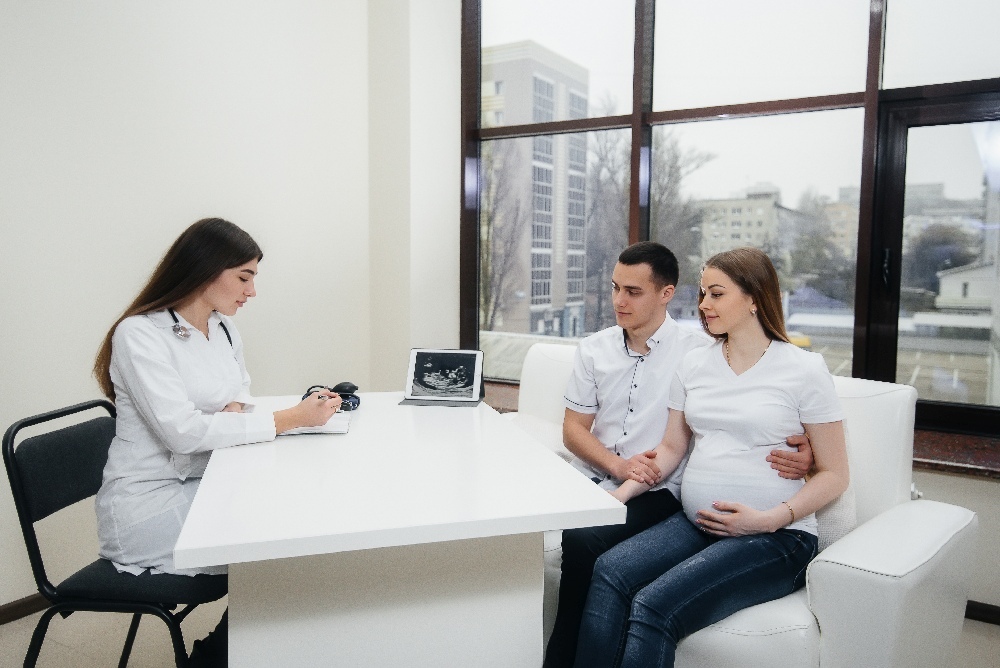It’s tough to differentiate between what is normal and what is a sign of a potential health problem when it comes to reproductive or sexual health. Talking about these to someone might feel odd, but the person who can give you the correct professional help is a gynecologist. A gynecologist is your go-to doctor who specializes in women’s health, specifically with a focus on the female reproductive system. Read on to know when to visit and everything you should expect from a visit to the gynecologist.
When To Visit A Gynecologist?
We advise you to visit the gynecologist for doubts and concerns about your pelvis, vulva, vagina, or to deal with any pain and abnormality “down there”.
You can visit them to discuss the following conditions :
- Painful or missed periods
- Vaginal odor
- Swelling bumps or growths around your labia
- Sexual discomfort including vaginal dryness and pain during sex
- Female sexual dysfunction
- Sexual history
- Urinary or fecal incontinence
- Low libido
- Family planning including sterilization, abortion, and contraception
- Problems in tissues that support the pelvic organs, including ligaments and muscles
- Pelvic inflammatory diseases, including abscesses
- Cancers of the reproductive tract, the breasts, and pregnancy-related tumors
Gynecologists make sure pregnant women are aware of essential information, knowing that first-time pregnancy can be confusing. They also help you to maintain a calm mind, advise the mother to opt for yoga, and break various myths and superstitions about women’s bodies. The gynecologist is like a mentor and a guiding light especially in terms of the diet intake for the mother.
At What Age Is It Appropriate To See A Gynecologist?
A gynecologist can treat a girl or a woman at any change. But, you can start visiting them from the age of 13 to 15 years of age. Building up a relationship with a doctor enables a girl or woman to be more comfortable asking questions about their reproductive and sexual health. This is why an occasional visit to the gynecologist is important.
Do I Need To Shave Before Seeing A Gynecologist?
It is not necessary to shave or wax before you see a gynecologist. Although, it is important to maintain basic hygiene.
What To Expect From A Visit To The Gynecologist?
It is important to make sure you keep some information in mind before visiting the gynecologist:
- Be honest. Honesty is undoubtedly the best policy. It builds trust, and the doctor can judge better about your whole situation, which in turn helps you!
- A gynecological examination may be uneasy but mostly is not painful.
- If you have a period at the same time your appointment is scheduled, you can go ahead with the visit if comfortable, but it may be better to postpone until and unless you have symptoms that need urgent attention.
- We advise you to avoid any sexual activity or use of tampons for at least two days before a gynecologist examination.
- If you have a weird odor or different-colored discharge down there that creates a problem, the gynecologist needs to know.
Conclusion
Are you feeling anxious to go visit a gynecologist? You can have someone at the visit. They can be either in the room or outside the door. Trust us, you’ll feel more comfortable about any of your problems concerning your menstruation, pregnancy, etc. You can also ask for important tips on your overall health and lifestyle that’ll help you live a healthy life.
FAQs On Visit To The Gynecologist
What Do I Need To Know Before Going To A Gynecologist?
You need to know that being nervous before going to a gynecologist is absolutely natural and okay. There is no reason for you to be scared and you can always take a friend or a relative along with you. Make sure that you are honest and tell them about the health problem you’re facing. It can be related to your menstrual cycle, pregnancy, or just an informative visit.
What Does A Gynaecologist Check-Up Consist Of?
A gynecologist check-up sometimes may require you to do a physical check-up. That may include a breast exam, pelvic exam, urine sample, etc.
What Should I Talk To My Gynaecologist About?
You can talk to your gynecologist about things like irregular or painful periods, vaginal odor, strange bumps or skin around the labia, vaginal dryness and pain during sex, urinary or fecal problems, family planing and cancer.
What Happens On Your First Visit To The Gynecologist?
On your first visit, the gynecologist will check your weight, height and blood pressure. Depending on the purpose of the visit and your medical condition, you can be asked for a urine sample, breast examination, etc.
